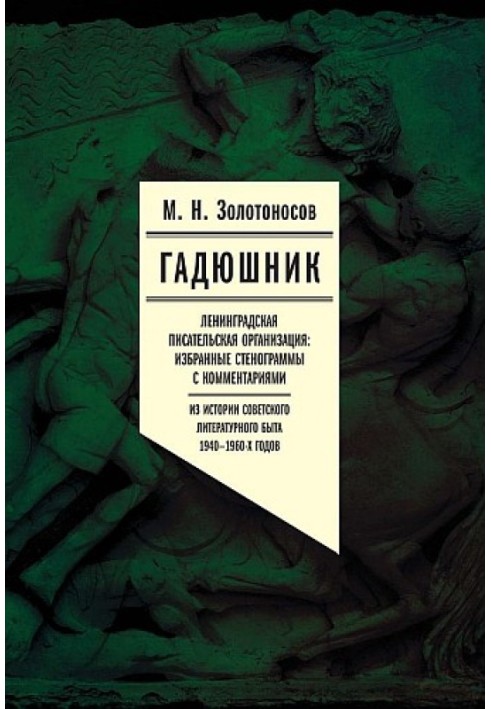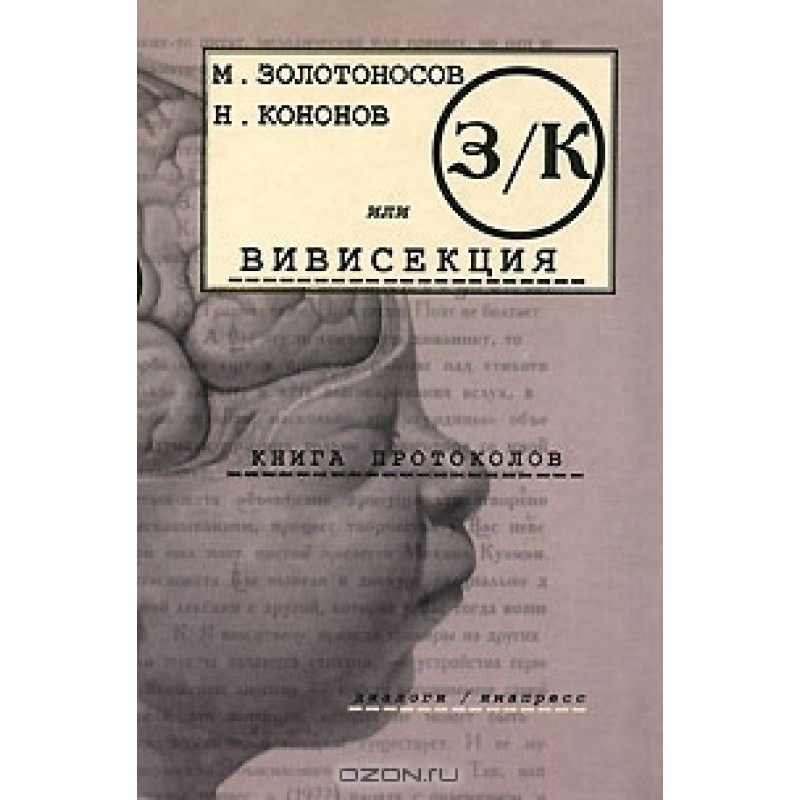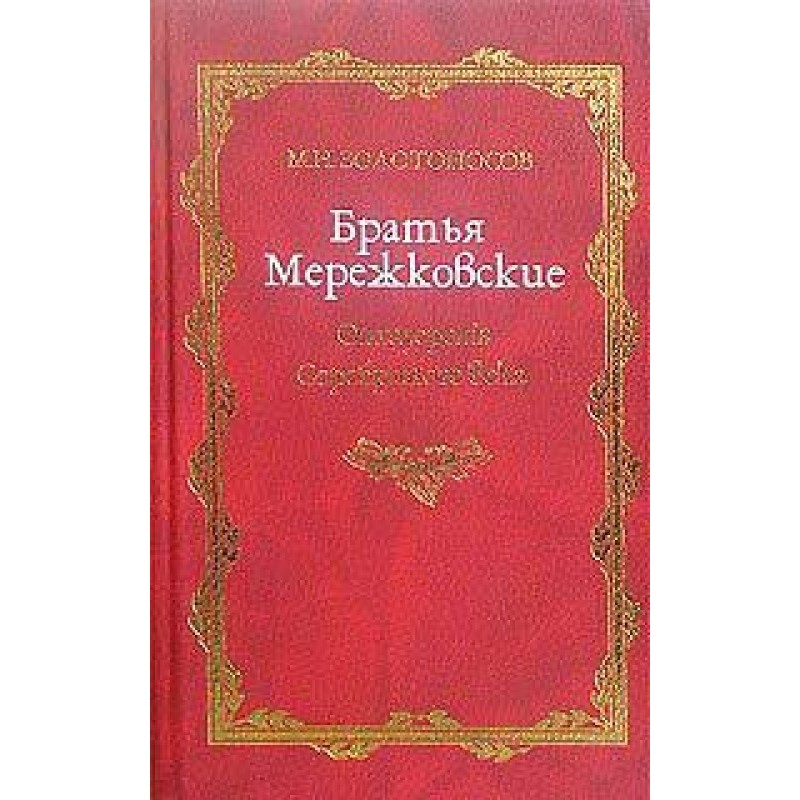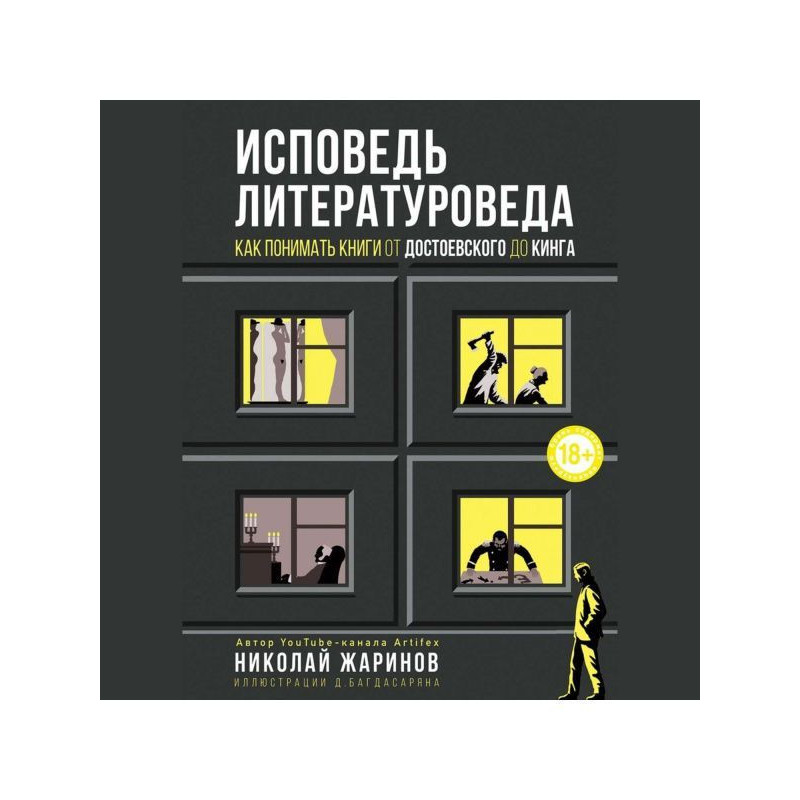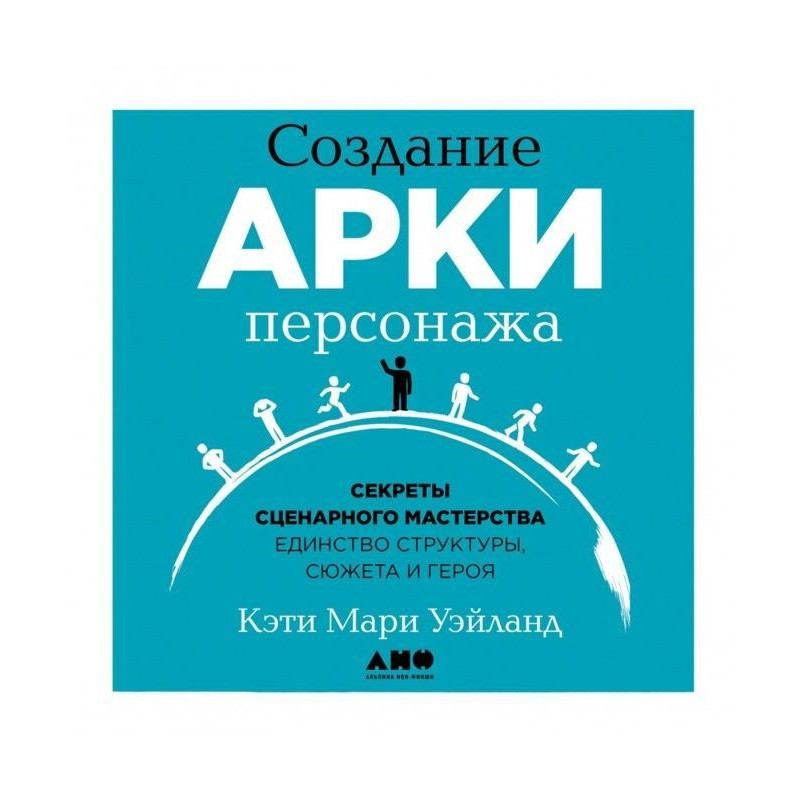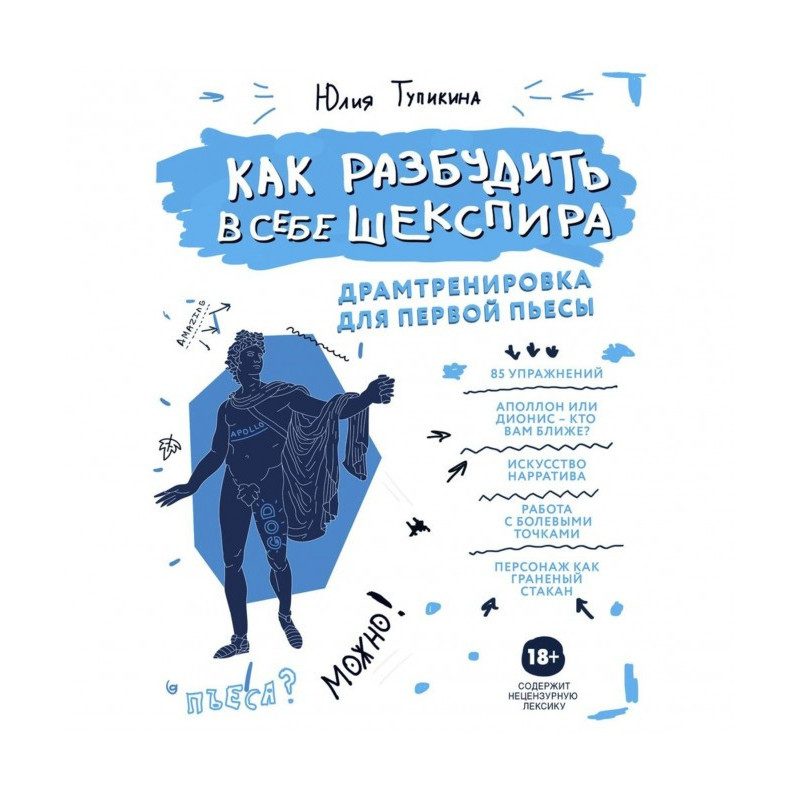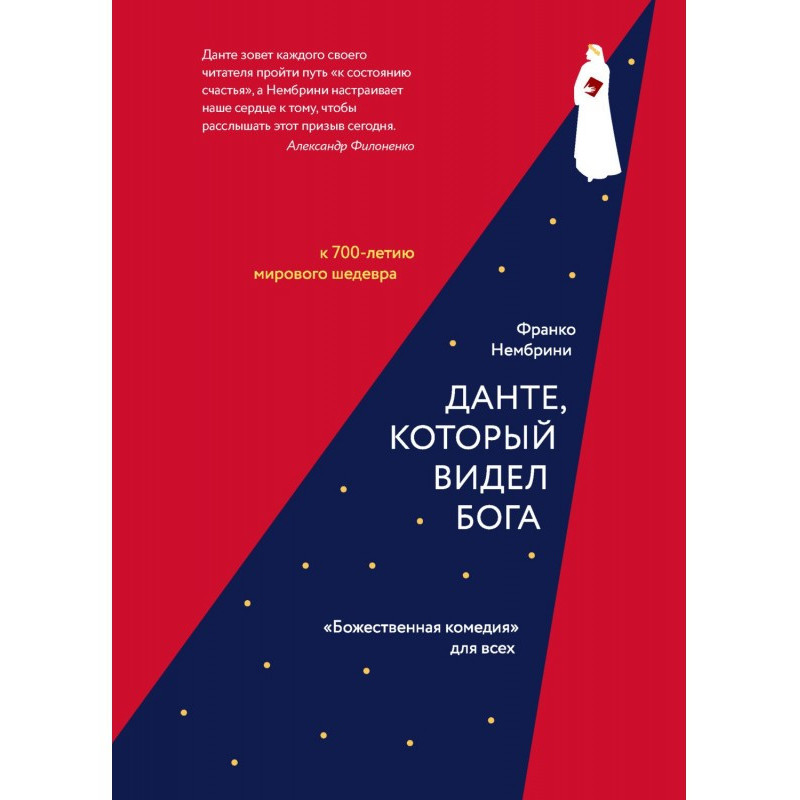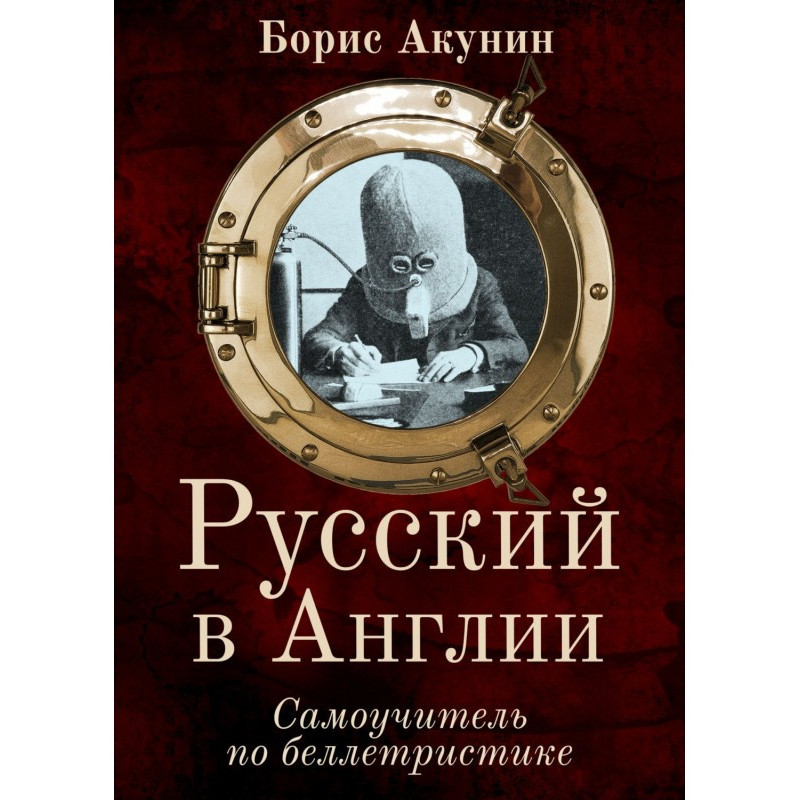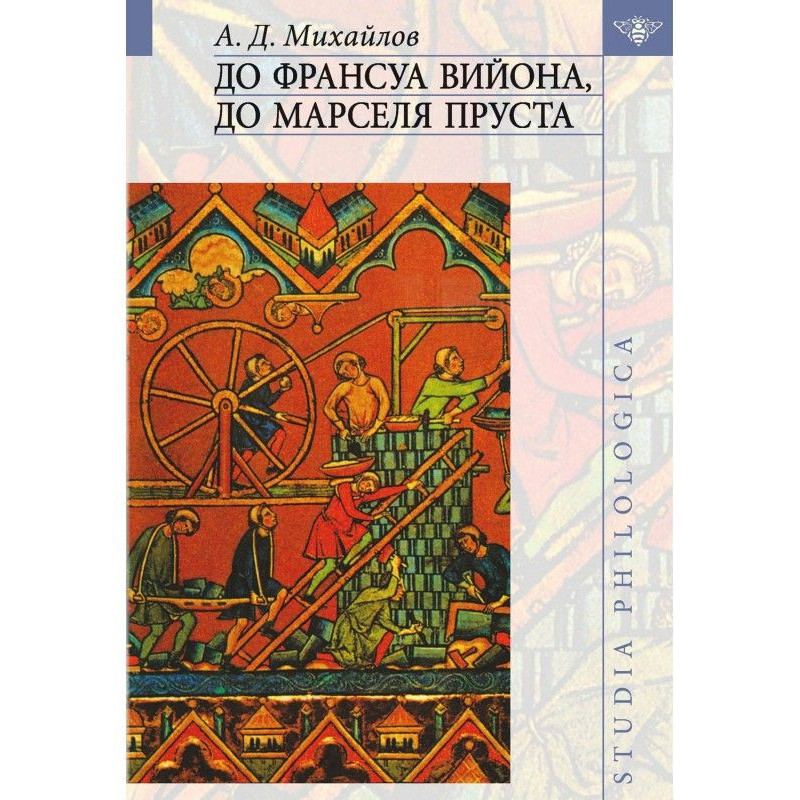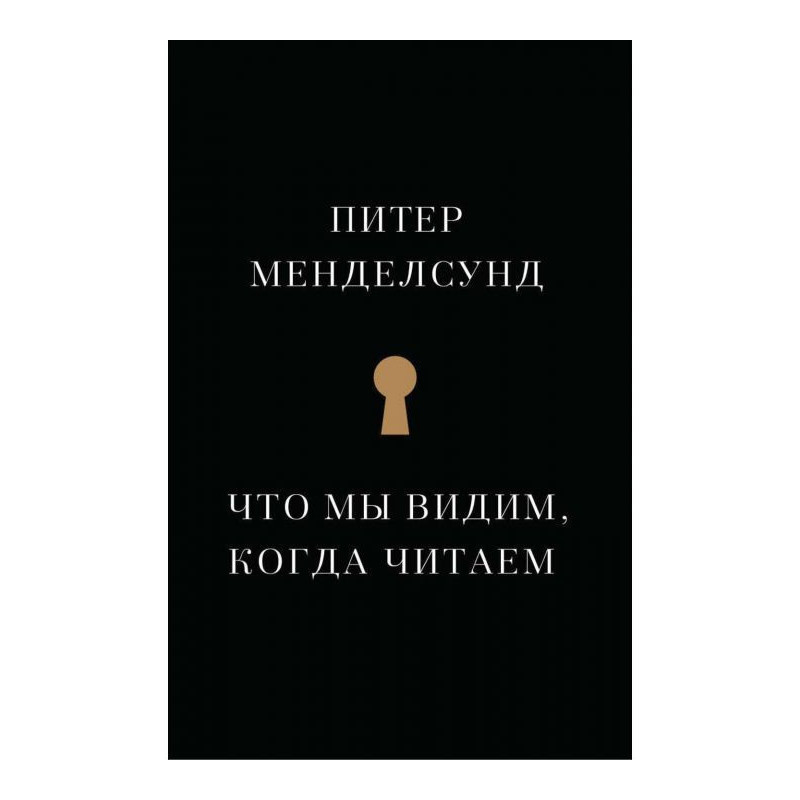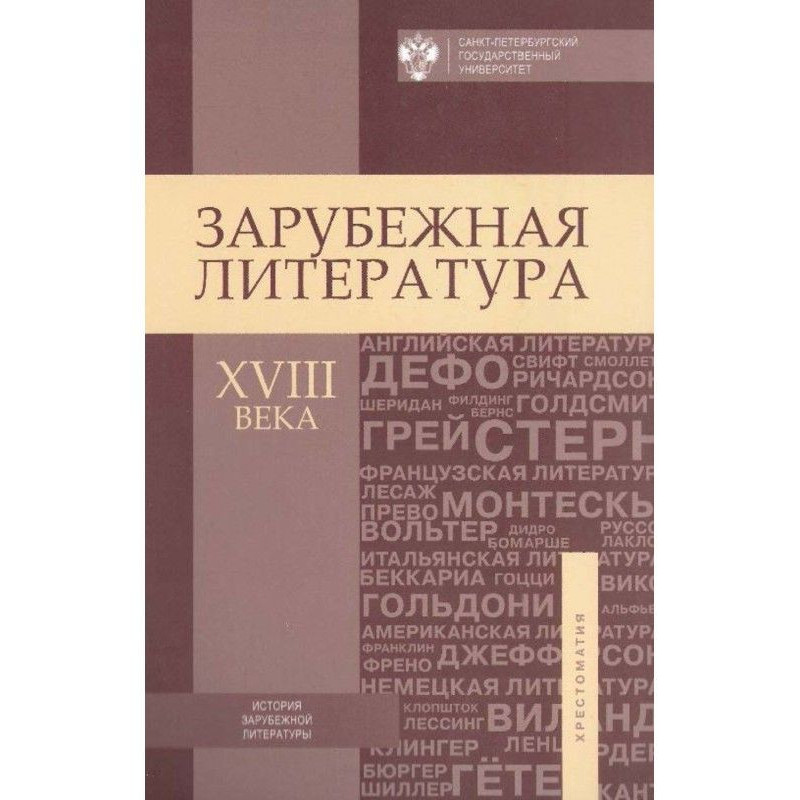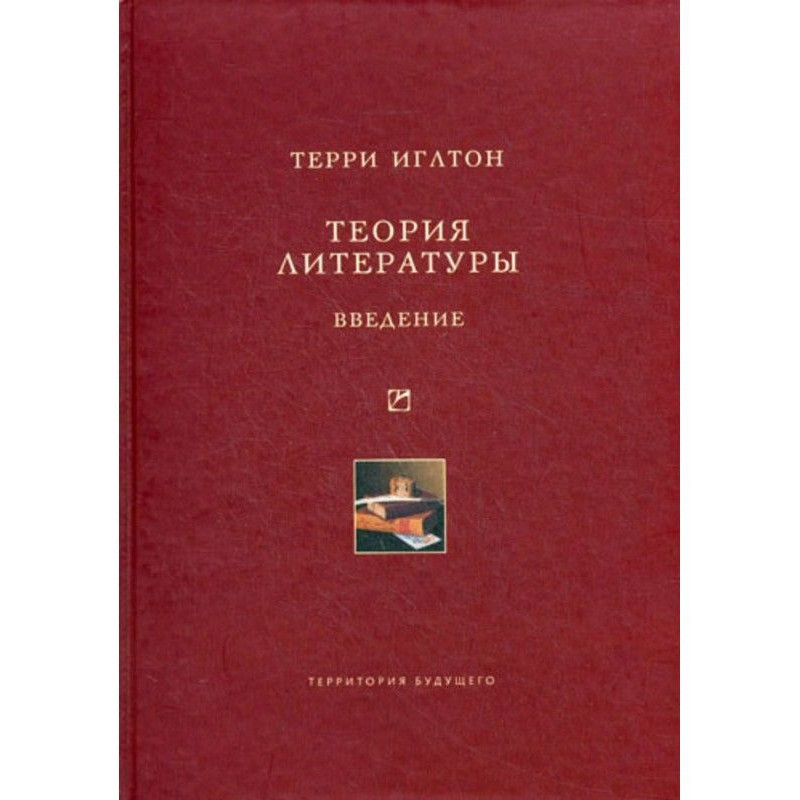Viper. Leningrad Writers' Organization: Selected transcripts with comments
 Instant download
Instant download
after payment (24/7)
 Wide range of formats
Wide range of formats
(for all gadgets)
 Full book
Full book
(including for Apple and Android)
The history of everyday life has many facets. In the book of literary critic and culturologist M.N. Zolotonosov carefully examines one of them - the activities of the Leningrad writers' organization in the 1940-1960s. For the first time, published transcripts and minutes of the most conflicting party and general meetings of writers make it possible to identify the configuration of individual groups among them, the struggle between them, the clash of ideological positions and the role of higher party bodies in their activities. The history of the Leningrad writers' organization, alternative to the traditional history of literature, has been reconstructed , based on lists of works and literary critical articles about them. In fact, only a few high-profile episodes have been more or less studied: the events of 1946 and partly 1954 associated with A. A. Akhmatova and M. M. Zoshchenko, the fight against cosmopolitanism in 1949, as well as the events of 1963-1964 associated with I. Brodsky and his “case”. The gaps remained unfilled, the “continuous” history of the Leningrad writers’ organization remained unwritten, although it is impossible to understand the history of Leningrad literature in isolation from the history of the Leningrad Writers’ Union as a consistently studied history of meetings. Published and commented on documents dedicated to the collective persecution of O. F. Berggolts, B. L. Pasternak, I. A. Brodsky, A. I. Solzhenitsyn, openly demonstrate the diversity of such, for example, leaders of the Leningrad writers' organization as A. A. Prokofiev or D. A. Granin, and the conformism of the “writerly masses”, who were always afraid of freedom and adapted to existence in a cage.
Data sheet
- Name of the Author
- Михаил Золотоносов Нафталиевич
- Language
- Russian
Reviews
Неперевершене дослідження літературної історії!
Книга М.М. Золотоносова "Гадюшник" є справжнім відкриттям для всіх, хто цікавиться історією радянської літератури та культурою. Автор майстерно досліджує діяльність ленінградської письменницької організації в період 1940-1960-х років, надаючи читачеві унікальний доступ до стенограм і протоколів, які раніше залишалися в тіні. Ці документи не лише розкривають конфлікти та боротьбу між письменниками, але й демонструють, як ідеологічні позиції та партійні рішення впливали на творчість і життя митців. Золотоносов вміло коментує ці матеріали, що дозволяє читачеві глибше зрозуміти контекст і значення подій, пов'язаних з такими видатними особистостями, як Ахматова, Бродський і Солженіцин. Книга викликає багато емоцій і роздумів, адже вона показує, як творчість може бути підпорядкована політичним і соціальним обставинам. Це не просто історія літератури, а глибоке дослідження людської природи, страху перед свободою та пристосуванства. Рекомендую цю книгу всім, хто хоче зрозуміти не лише літературу, а й складну тканину суспільства, в якому вона існувала.

